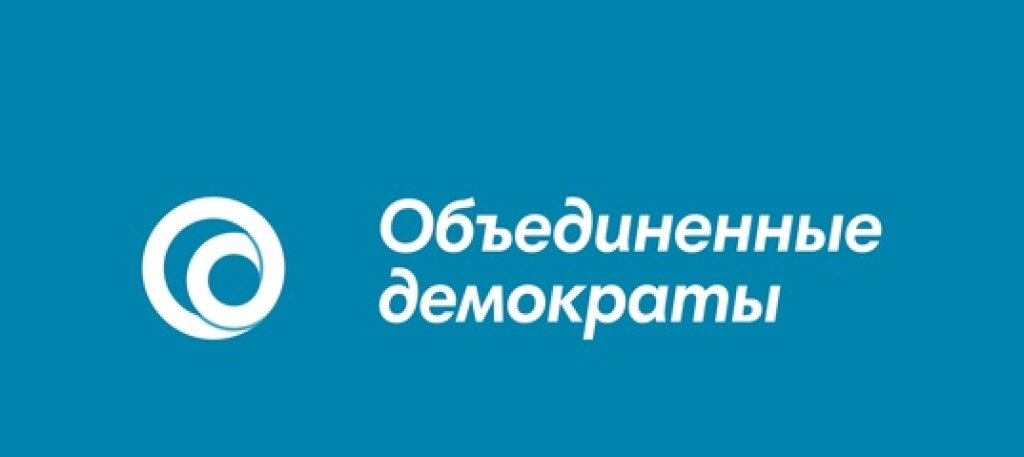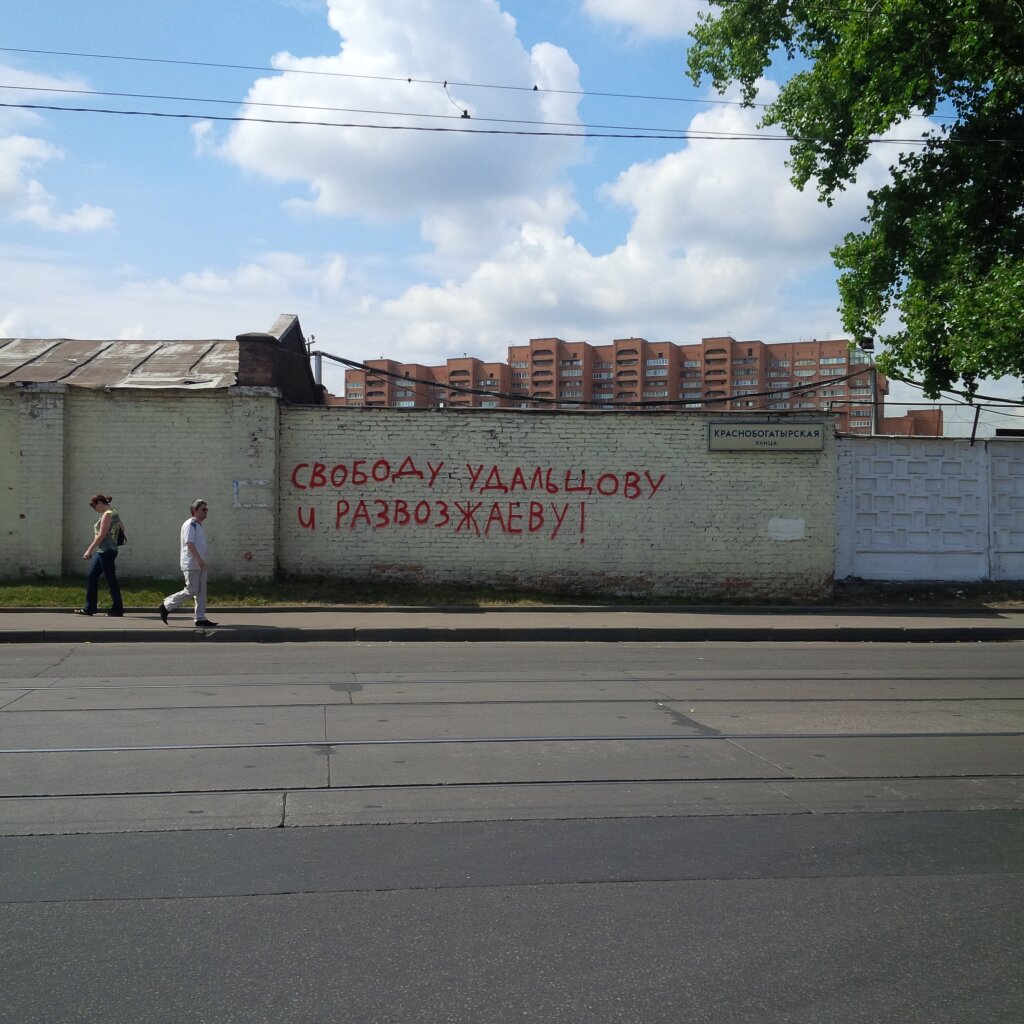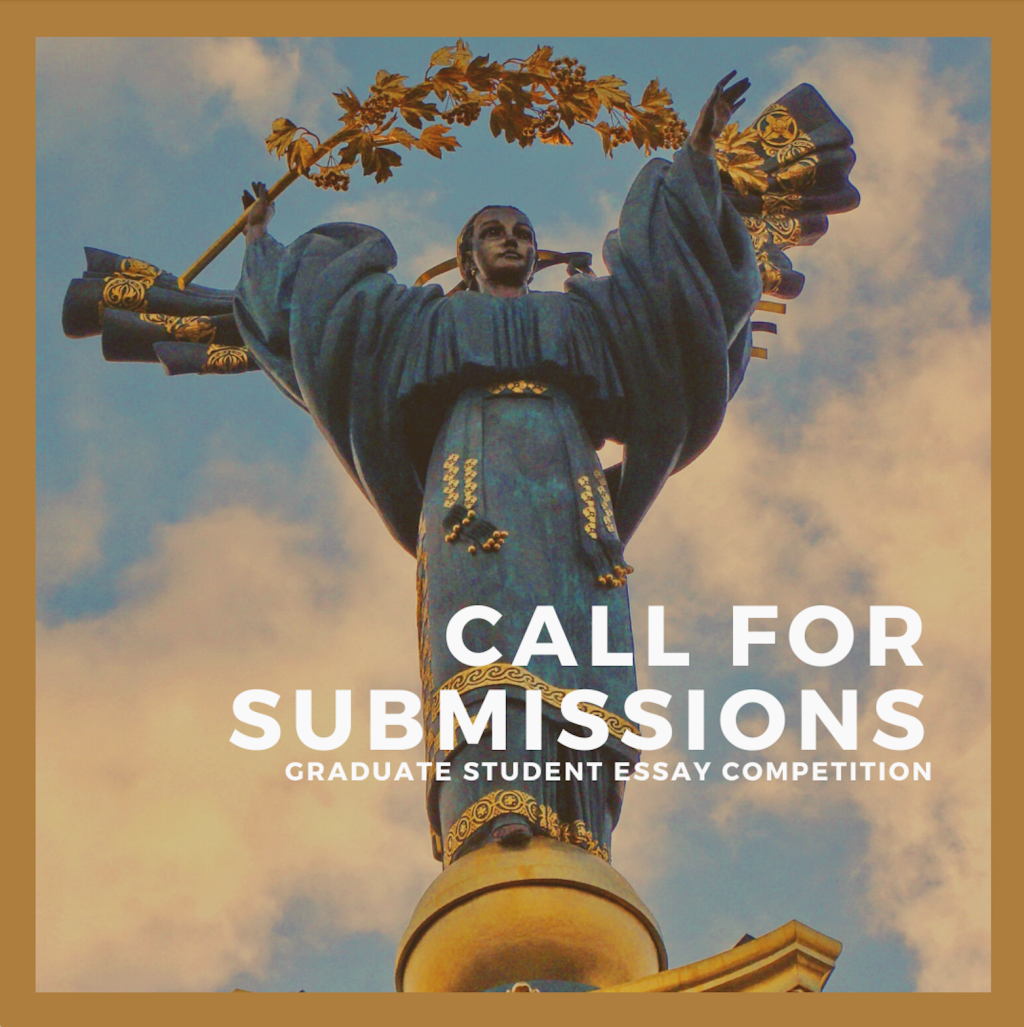Yana Gorokhovskaia is a Postdoctoral Research Scholar in Russian Politics at Columbia University's Harriman Institute. Her research examines authoritarian endurance and the evolution of civil society in post-Soviet states, with particular attention to patters of protest and electoral dynamics in Russia.
Next year, opponents of the Kremlin are hoping to recreate the success they achieved during the 2017 municipal election in Moscow — this time in Russia’s northern capital, St. Petersburg. But recent infighting among different opposition groups may stymie their efforts even before the campaign begins.
A year ago, opposition and independent candidates won one quarter of all seats on municipal councils in Moscow. They secured majorities on seventeen councils and were able to shut out candidates representing the pro-regime political party, United Russia, from eight more districts, including Vladimir Putin’s home in the center of the capital. This victory, which increased the number of seats held by the opposition almost fourfold, was enabled by the ambitious and innovative campaign initiative United Democrats (Obyedinennyye Demokraty). United Democrats is the brainchild of Maxim Katz, a former municipal deputy, and Dimitri Gudkov, a former member of Russia’s parliament. It launched in the spring of 2017, helping over a thousand candidates participate in the election. The project sought out individuals explicitly opposed to Vladimir Putin and United Russia. Katz described the organization's recruitment strategy as follows: “No Putinists, Stalinists or supporters of the annexation of Crimea.”
The initiative represented a significant break with past electoral efforts by the opposition. Although Moscow’s municipal elections have attracted opposition-minded individuals in the past, especially in 2012, when the local election came on the heels of the mass anti-regime protests, never before have local politics been so accessible to outsiders. The results of Russian elections are seldom surprising, not only because competition is tightly controlled, but also because electoral manipulation (including fraud) is common. Genuine opposition candidates are routinely kept off the ballot, as was the case with Alexei Navalny during the presidential election last March. Navalny was barred from participating in the election by the Central Electoral Commission because of his conviction in an embezzlement case that the European Court of Human Rights has ruled “arbitrary and manifestly unreasonable.” This decision allowed Vladimir Putin to be re-elected with nearly 77% of the vote while competing against a spate of unimpressive candidates.
Similarly, regional and local elections are often a foregone conclusion because the campaigns of opposition candidates are handicapped by the use of administrative resources. State television promotes pro-regime candidates while criticizing or simply ignoring opposition candidates. Pro-regime candidates have access to state institutions and resources. Their campaigns benefit from agitation by state employees and social workers who promote them in the workplace. Electoral commissions, for their part, apply campaign laws in a partisan manner in order to exclude as many opposition candidates as possible. Taken together, these practices create an uneven playing field for elections, seriously impairing an opposition candidate's ability to compete. The uneven playing field is one of the hallmarks of competitive authoritarianism, a new type of regime that has emerged since the end of the Cold War and combines democratic institutions with authoritarian practices.
The United Democrats project in Moscow was groundbreaking because it helped to overcome many aspects of the uneven playing field. The project digitized registration paperwork, helping opposition candidates protect their candidacy from attempts by the electoral commission to disqualify them. The project provided access to professionally designed campaign materials in compliance with all campaign laws, helping opposition candidates effectively reach voters despite being denied access to mainstream media. The project created a platform for candidates to form campaign teams, allowing them to efficiently divide the work of campaigning. Now Katz is hoping to use the strategies and technologies developed by United Democrats to help opposition candidates compete in St. Petersburg’s municipal election in the fall of 2019.
As in Moscow, the municipal election in St. Petersburg is about more than just park benches and parking. Local and regional elections in Russia have taken on a new significance since a law was passed in 2012 to bring back direct elections of governors. The new law introduced a “municipal filter” to gubernatorial elections, forcing all candidates to collect nomination signatures from local deputies. Since most local and regional parliaments are controlled by United Russia, the municipal filter is a serious obstacle to opposition gubernatorial candidates.
Moscow and St. Petersburg are cities of “federal significance” which means that their mayors are elected in the same way as governors of other regions. The reintroduction of gubernatorial elections with the municipal filter requirement has transformed municipal deputies in both cities into important political gatekeepers. If enough opposition municipal deputies win, they can help an opposition gubernatorial candidate appear on the ballot. Ultimately, by competing in local contests, the opposition has set its eyes on a bigger regional prize.
Unfortunately, in the lead-up to the municipal election in St. Petersburg, the opposition is competing with itself rather than against the regime. At present, there are three United Democrats projects: one helmed by Maxim Katz and the liberal political party Yabloko; another run by former television host and recent presidential candidate Ksenia Sobchak; and a third headed by Open Russia. Each group is trying to attract opposition-minded individuals to register as candidates. Both Katz and Open Russia have launched campaign websites, while Sobchak has given interviews expressing her intention to launch a United Democrats initiative.
These competing efforts pose a serious threat to the efficacy of the opposition’s campaign. If each of the three campaigns persist until the election, they may split votes for the opposition. Much more likely, as Katz has argued, the damage of three campaigns will be done long before election day. The seeming abundance of opposition campaigns may create the impression of oppositional strength and discourage opposition-minded individuals from signing up as candidates. Relatedly, the appearance of oppositional strength may also weaken fundraising efforts and leave the opposition effort with fewer resources.
Accusations that they prefer making noise in the streets to doing the hard work of politics is a favorite establishment criticism of the opposition in Russia. Success in Moscow’s municipal elections last year demonstrated that the opposition was capable of bringing their message from the streets to the ballot box. The victory also had long-term consequences, influencing the nomination of candidates for Moscow’s mayor. It also gave opposition politicians the opportunity to develop political and governing experience on which they could campaign in subsequent elections. But this victory required planning, strategy, and innovation, not infighting. The competing United Democrats campaigns in St. Petersburg may hurt the opposition’s electoral chances long before the regime begins to work against them.



